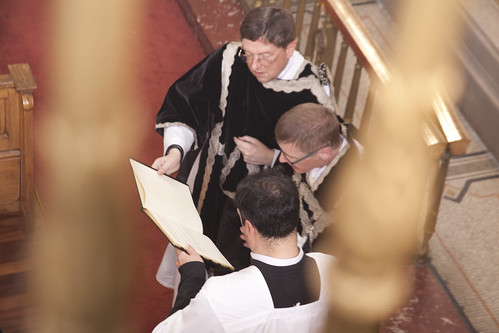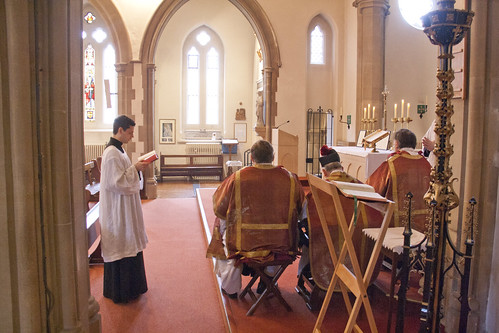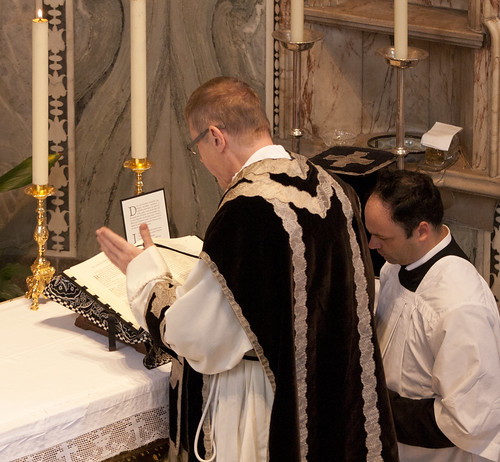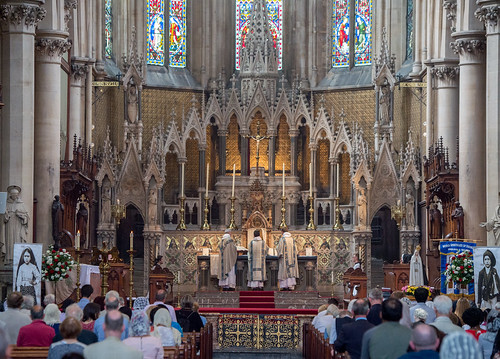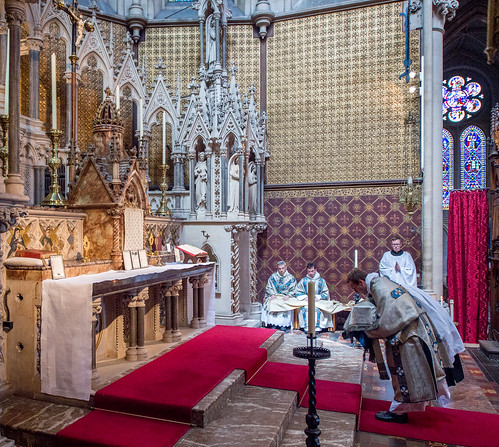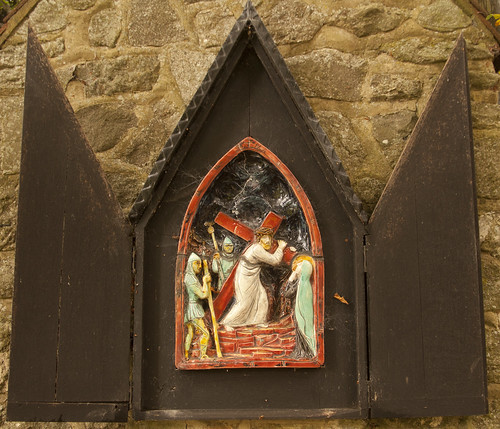
The day that Damian Thompson
decries 'factionalism' is the day irony dies. Nevertheless, he has a point: the temperature of internal debate had gone up in recent years to levels not seen since the 1970s, the immediate post-conciliar period of ecclesial introspection and the ferocious persecution of those thought to be innsufficiently in tune with the 'spirit of Vatican II'.
The reception of
Amoris laetitia has similarly stirred up a hornet's nest. I feel in fact that the frayed tempers on social media reflect something really worrying. A lot of Catholic commentators, from across the spectrum of opinon, feel as though they are in a pressure-cooker. Careers and livlihoods are on the line, along with fundamental issues of the Faith.
Here is something I wrote about factionalism back in the innocent days of November 2012. I've reposted the linked piece which had been on
The Tablet blog on my philosophy blog, since it is no longer available on
The Tablet website.
-------------------------------------------------------
Today The Tablet has published a guest post mine on their own blog:
see it here. It is a response to George Weigel's article in last weekend's Tablet, which itself was a response to John Haldane's article calling for married clergy.
See if you can spot the pattern here. In introducing his remarks,
Haldane takes a moment to describe the two dominant traditions in the Church, conventionally called the 'conservative' and 'progressive' (or 'liberal') approaches, as, respectively, '
nostalgic and slavish' or 'faithless and craven'. Having thus established his
bona fides as a non-partisan, independent thinker, he proposed the most predictable and re-heated item on the liberal menu, the ordination of married men, as the solution to the Church's difficulties.
